Thank You In Japanese

10 Ways To Say Thank You In Japanese Nihongo Master
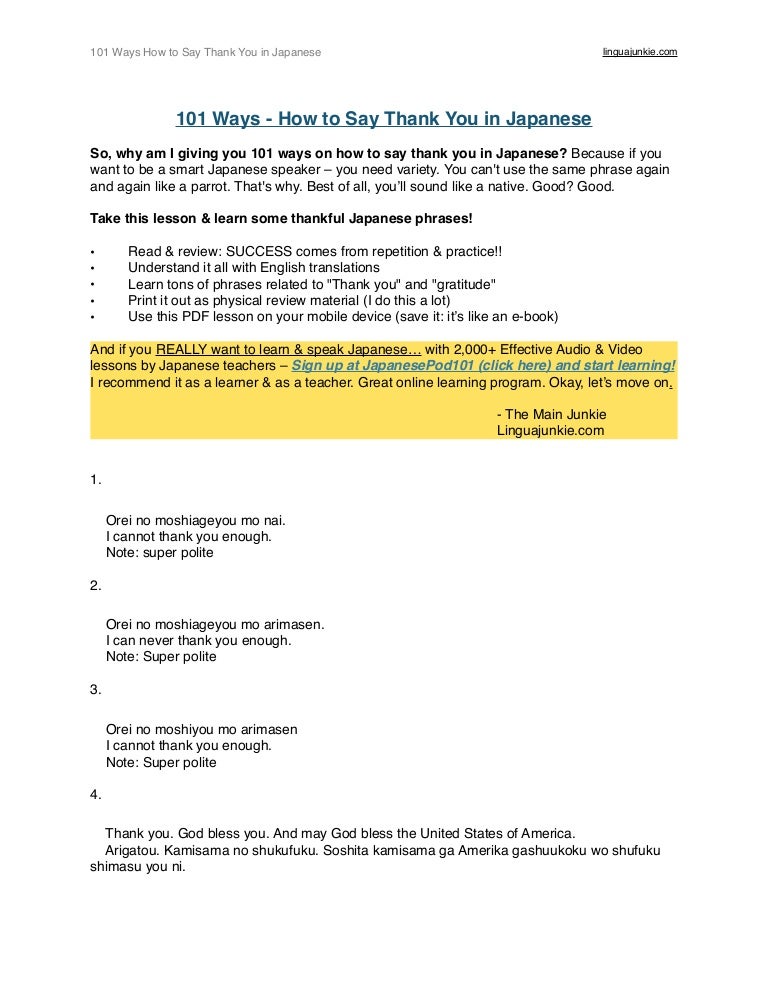
101 Thanks In Japanese
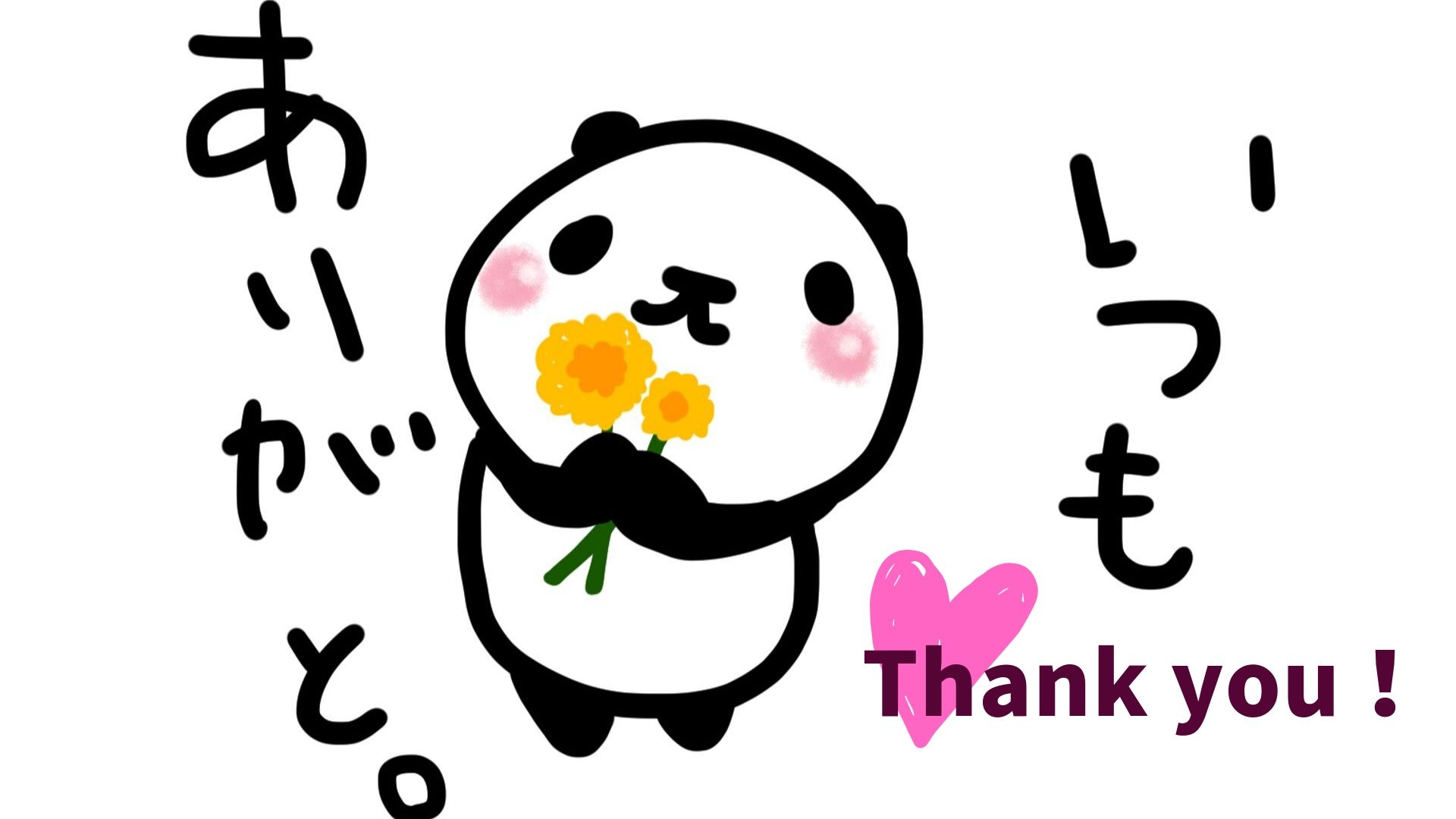
How Do You Say Thank You In Japanese Meaning Of Arigatouありがとう And Pronunciation Japanesque Cafe
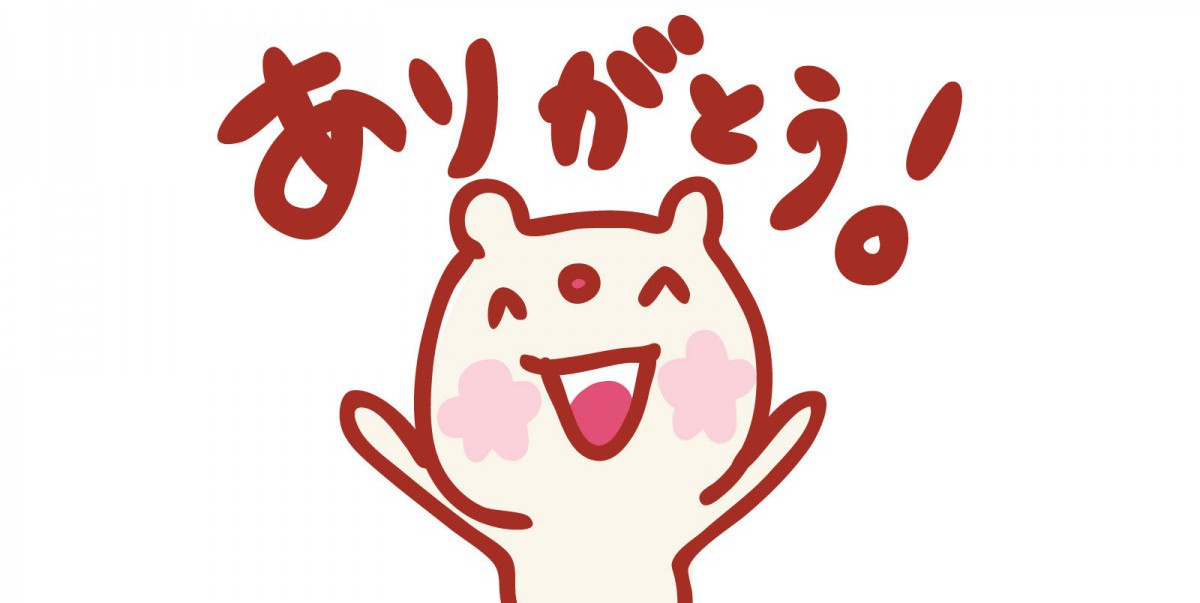
30 Phrases How To Say Thank You In Japanese

How To Say Thank You In Japanese Japanese Quizzes

Say Thank You Like You Mean It Phrases For Saying Thank You In Japanese Fluentu Japanese
Using ため as the 'for' in 'thank you for' is strange Off the top of my head I can think of 4 ways we normally use ありがとう to say thanks for something masustem of the verb ありがとう (this one's particularly formal) メールアドレスを教えていただき有難う御座います。 Thank you for telling me your email.

Thank you in japanese. This is an important and useful business greeting which means ”Thank you for your patronage,” “Thank you for your support,” or “Thank you for your work”. You may choose to say mahalo nui loa, which means “thank you very much” This word has a rich an interesting history worth reading about!. Translation for 'thank you' in the free EnglishJapanese dictionary and many other Japanese translations babla arrow_drop_down babla Online dictionaries, vocabulary, conjugation, grammar Toggle navigation.
“ありがとう arigato (Thank you)” // “ どういたしまして dou itashimasite (You’re welcome)” This short conversation is so important in your Japanese language learning journey Do native Japanese speakers always say “ ありがとう ” and “ どういたしまして ” in that way?. Answer by Professional Japanese Teacher いただきます。 Itadakimasu Thank you for the food “いただきます itakakimasu” is the humble form of “もらいます、食べます moraimasu, tabemasu” (to receive, to eat). Here's how you say it Translate to Synonyms Antonyms Definitions Rhymes Sentences Translations Find Words Word Forms thank you for your kindness thank you for your hospitality thank you very thank you very much Thanos that Translate to Japanese go Word Tools.
17 Icelandic Takk This is a common way of saying “thank you,” but you may also use Þakka þér fyrir, which means “thank you very much” 18 Polish Dziękuję Ci. ご親切に、助かりました。 Goshinsetsu ni, tasukarimashita You’ve been a great help It was very kind of you If, as most speakers would probably agree, the most frequently used expression of gratitude in contemporary Japanese is arigatou gozaimasu (“Thank you”), then these are perhaps the next most commonly heard words of thanks. Some Common Japanese Keigo (Honorific Language) Expressions Used in Business (with hiragana and katakana scripts) itsumo osewa ni natte orimasu;.
Therefore, it is thought that Japanese people say “thank you” and “sorry” very often because they are very polite to the others 2 “Sorry” is More Often Said than “Thank You” in Japan First of all, the word “sorry” is used more often instead of “thank you” It is thought one of the reasons is because it is easier to say. The Various Ways to Say “You’re Welcome” in Japanese!. The Japanese are very particular about being polite and respectful towards each other So learning how to write and say 'Thank You' in Japanese is an essential skill you'll need when interacting with them.
How to Write a Religious ThankYou Note Whether between friends, colleges or businesses, giving and receiving gifts in Japan has its own customs With its plethora of unfamiliar do's and don'ts, the process can be intimidating to foreigners. Check out Bas Rutten's Liver Shot on MMA Surge http//bitly/MMASurgeEp1http//wwwmahalocom/howtosaythankyouinjapaneseThank you is one of the most i. This article introduces another expression for responding to “ ありがとう.
A どうも dohmoh (human translation). The word for thank you in Japanese is arigatou gozaimasu (in Japanese, the u at the end of some words is barely pronounced to the point of being nearly silent) You can usually simply say arigatou, which is a little more casual but usually perfectly fine. Japanese culture is based on respect and etiquette, so the Japanese language requires varying degrees of politeness and formality How you say "thank you" depends on whether you are.
Need to translate "thank you so much" to Japanese?. The standard reply is "どう致しまして" (dou itashimasite), a formal way to reply to “arigatou gozaimasu” or “ doumo arigatou gozaimashita” I often hear Japanese people say どうもどうも (doumo doumo), a very convenient phrase which can means many things such as hello, thank you, never mind, your welcome, good bye, etc. Even if you don't know much Japanese, you probably know how to say "thank you" at least Almost everyone with an interest in Japan is likely to have picked up arigatō, the standard word for “thank you,” universally understood throughout the country Others might even be familiar with the colloquial “domo” and the formal “arigatō gozaimashita” However, Japan’s 47 different.
There are many ways to respond to the word "thank you" in Japanese However to respond properly, it depends very much on many factors, such as the degree of your relationship with the speaker, your social status, the context and situation, and y. Get even more specific with your mahalo by adding a few extra words. ("Thank you" upon handing them the receipt) These would be nice, if you know that they are Japanese If there are several cashiers, and customers are lining up in one queue for a cashier to become available, and if the next customer is Japanese, if you want to get that person's attention and get them to come to your cashier,.
Doumo – どうも Thanks (super casual – only with friends) Thanks (super casual – only with friends) Arigatou – ありがとう Thank you (casual, okay to use with most people) Thank you (casual, okay to use with most people) Arigatou gozaimasu – ありがとうございます Thank you very much (polite, standard, most common way. Using ため as the 'for' in 'thank you for' is strange Off the top of my head I can think of 4 ways we normally use ありがとう to say thanks for something masustem of the verb ありがとう (this one's particularly formal) メールアドレスを教えていただき有難う御座います。 Thank you for telling me your email. Likewise, if you hear the uttering ‘Siawase’, you can be sure that Japanese girls are enjoying sweets and candies like Mochis The same word could also be used to compliment a meal and other dishes as ‘happiness’ is the true meaning of ‘Siawase’ How you can say Thank You at the Japanese Dinner Table.
I cover 6 common ways to say Thank you in Japanese in this lesson There are various ways to say thank you in Japanese depending on the situation or people y. With Tenor, maker of GIF Keyboard, add popular Thanks For Watching In Japanese animated GIFs to your conversations Share the best GIFs now >>>. The Ins and Outs of Thank You(ありがとう)in Japanese Background about Arigatou(ありがとう) The characters for ありがとう consist of the verb 有る(ある) meaning to exist or to be, and Various ways to say Thank You in Japanese Formality Levels Domo and arigatou tend to have similar formality levels expressed in.
There are many ways to say Thank You in Japanese just like many other languages In English, they say Thanks, Thank you so much, I appreciate it, etc Likewise, the ways to thank people in Japanese can be different depending on the situation or people you are thanking. Mahalo means thank you It appears on a lot of trash can doors, so a lot of tourists think it means garbage Not so!. It is a greeting used by Osaka people/Osaka business people mostly The literal meaning is "every time/each time," and is (I believe) is a very short form for the longer business greeting of "Maido osewa ni natte orimasu," which roughly means "Thank for your business/relationship on each occasion we've had".
Thank you is usually said with set phrases From an outside perspective, that might feel impersonal and therefore inadequate when you’re truly grateful, but for Japanese, it’s the opposite taking care to express gratitude in the right way is a ge. "Arigato" is a (polite) form of the native Japanese word "arigatai" ("grateful") which is fully inflected in the normal way (arigataku etc) and is not a "gairaigo" ("word from outside") It is not. When traveling in Japan, the words and phrases you’ll use most frequently will be the common Japan greetings (gashi) These Japanese greetings and goodbyes will quickly become second nature because you use them day in and day out with everyone you come across In Japan, greetings are given great importance It is considered rude to.
Translation for 'thank you' in the free EnglishJapanese dictionary and many other Japanese translations babla arrow_drop_down babla Online dictionaries, vocabulary, conjugation, grammar Toggle navigation. This is an important and useful business greeting which means ”Thank you for your patronage,” “Thank you for your support,” or “Thank you for your work”. This is the humblest form of speech, and means “thank you always for your continued support” You’d use this to end a phone call with a client, or at the end of a business meeting, as a way of goodbye 9 “Take care” in Japanese – Ki wo tsukete To say “take care” in Japanese, you would use 気を付けて (ki wo tsukete) It.
有 難う御座いました (ありがとうございました arigatou gozaimashita ) Thank you!. Japanese culture is based on respect and etiquette, so the Japanese language requires varying degrees of politeness and formality How you say "thank you" depends on whether you are. The Portuguese may have taught the Japanese to make bread ("pao" became "pan" in Japanese) but the Japanese were being polite and saying thank you long before the Portuguese arrived.
Expressions of thanks are, of course, essential in Japanese, perhaps even more so than in other languages As well as the oftused “arigato”, we are going to show you the different ways to ask for things politely and how to say thank you in Japanese. In Japanese, they say thank you with words but also with gestures you can accompany each of the expressions that follow with a slight movement of the head forward The classic Arigato gozaimasu is the classic phrase found in all language textbooks If there is only one to remember, remember this one, or one of its many variants If you have trouble with pronunciation, you can use just arigato. Arigato definition, thank you See more Despite popular speculation that arigato comes from the Portuguese for “thank you,” obrigado, arigato was in use in Japan well before any contact with Portugal Arigato (ありがとう) comes from the words arigatashi (“to be”) and katai (“difficult”)Arigato, then, has a literal sense of “being alive is hard”.
Even if you are writing to a friend, you might want to use a higher politeness level to show proper appreciation for a gift Write the word “doumo” if you want to use the most casual thanks Be careful, as doumo is casual enough it may come off as flippant. The Most Common Way to Say “You’re Welcome!” in Japanese In a country brimming with respectful people, the word “Thank Saying “You’re Welcome!” in a more Casual Situation First up, let’s take a look at “ いえいえ (Ieie) “ When taken In a. To say thank you in Japanese, normally one would say 有 難う御座います ありがとう ございます arigatou gozaimasu – Thank you!.
Thank you is usually said with set phrases From an outside perspective, that might feel impersonal and therefore inadequate when you’re truly grateful, but for Japanese, it’s the opposite taking care to express gratitude in the right way is a gesture of real thoughtfulness. Listen carefully to the Japanese pronunciation and practice saying the phrases aloud – you’ll have these mastered thank you in Japanese in no time!. When it comes to “thank you” in Japanese, ありがとう is the most common phrase However, there are a lot of other expressions to say “thank you” and you may choose one of them depending on situations In this article, you are going to learn how to express your thanks in various situations.
Likewise, if you hear the uttering ‘Siawase’, you can be sure that Japanese girls are enjoying sweets and candies like Mochis The same word could also be used to compliment a meal and other dishes as ‘happiness’ is the true meaning of ‘Siawase’ How you can say Thank You at the Japanese Dinner Table. ご親切に、助かりました。 Goshinsetsu ni, tasukarimashita You’ve been a great help It was very kind of you If, as most speakers would probably agree, the most frequently used expression of gratitude in contemporary Japanese is arigatou gozaimasu (“Thank you”), then these are perhaps the next most commonly heard words of thanks (Actually, as in the example below,. Japanese people are very, very polite I would assume they are the most polite people in the entire world That is why it is important to respect their culture and most importantly learn the most “grateful” phrase they have in japanese which is “thank you” its also important to learn how to say sorry as well, and I like that they have a sort of phrase for both sorry and thank you.
Knowing how to be polite in Japanese is essential for any Japanese language learner After today’s free lesson you’ll be able to say thank you in Japanese in more than one way!. *"San kyuu" is just the way Japanese pronounce "thank you" There are quite a few other ways as well but those 3 above should be OK for most situations Also, "gozaimasu" is a from of the word "gozaru" ("to be", "to exist",etc) "Gozaimasu" in an of itself is a polite expression and is used when you want to show respect or deference to another. In Japanese, they say thank you with words but also with gestures you can accompany each of the expressions that follow with a slight movement of the head forward The classic Arigato gozaimasu is the classic phrase found in all language textbooks If there is only one to remember, remember this one, or one of its many variants If you have trouble with pronunciation, you can use just arigato.
→ This is a formal case, in some cases, you only need to say ありがとう arigatou!. Q How to say Thanks in Japanese?. If you are in Japan, you will probably hear the word arigatou (ありがとう) used on a regular basis It is an informal way of saying "thank you" But it can also be used in conjunction with other words to say "thank you" in Japanese in more formal settings, such as an office or a shop or anywhere where manners matter.
If you were wondering how to say a word or a phrase in Spanish, French, German, Italian, Chinese, Japanese or Russian, this site will help you to get the answer HowDoYouSayNet provides translations, pronunciation and other vocabulary help for words and phrases in some of the most popular languages of the world. Thank you in Japanese A little thanks goes a long way, especially in Japan Arigatou Gozaimasu Formality Level Polite If there was an English equivalent of ‘Thank You’ in Japanese, it would be Arigatou Gozaimasu Arigatou Gozaimasu is polite, so it’s a great phrase to learn and use in everyday scenarios especially with people. Thank you for the food “いただきます itakakimasu” is the humble form of “もらいます、食べます moraimasu, tabemasu” (to receive, to eat) The direct translation is “I humbly receive it” The origin of this expression is unclear but there are two main theories.

Mlc Japanese School Five Levels Of Thank You In Japanese T Co Unxpzmyplf
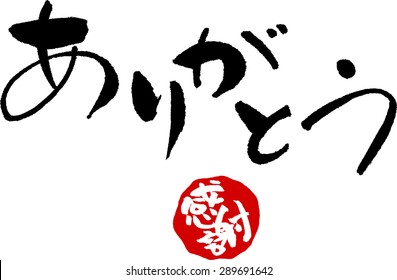
Japanese Calligraphy Thank You Images Stock Photos Vectors Shutterstock

Thank You For Writing Brush Letters Horizontal Stock Illustration
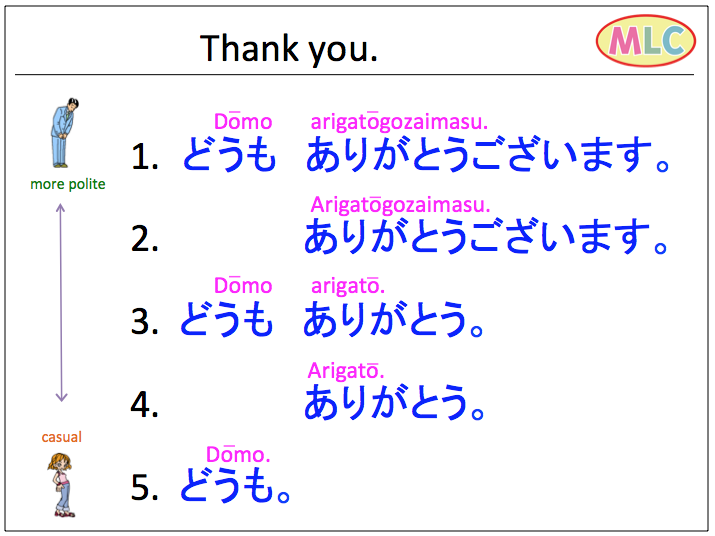
Thank You Mlc Japanese Language School In Tokyo
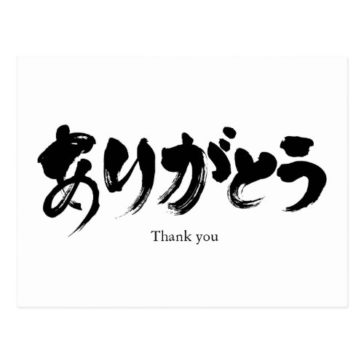
Hiragana Thank You Postcard Example Zangyo Ninja

How To Say Thank You For Everything In Japanese Miazami
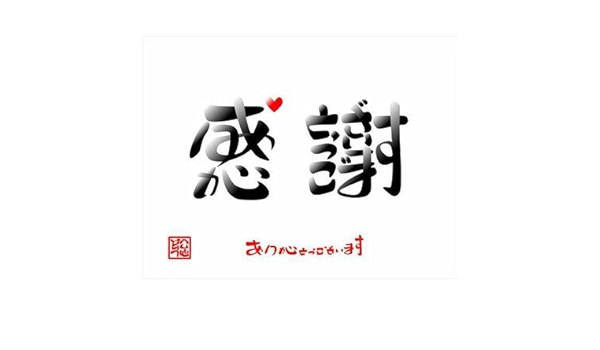
Amazon Com Japanese Postcard Thank You Very Much In Japanese Japanese Words Art Kanji Art Postcard Chinese Character Paperproducts Office Products

How Do You Say Mom In Japanese Family Members In Anime Manga Tokyo
1

Arigato Thank You Image Photo Free Trial Bigstock
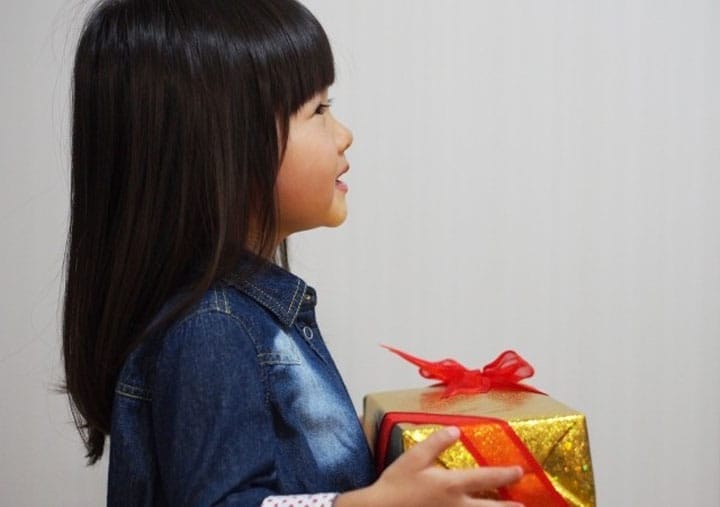
Thank You 7 Japanese Phrases To Express Your Gratitude Matcha Japan Travel Web Magazine

3 Ways To Say Happy Birthday In Japanese Wikihow

How To Say Thank You In Language Japanesepod101 Com Blog
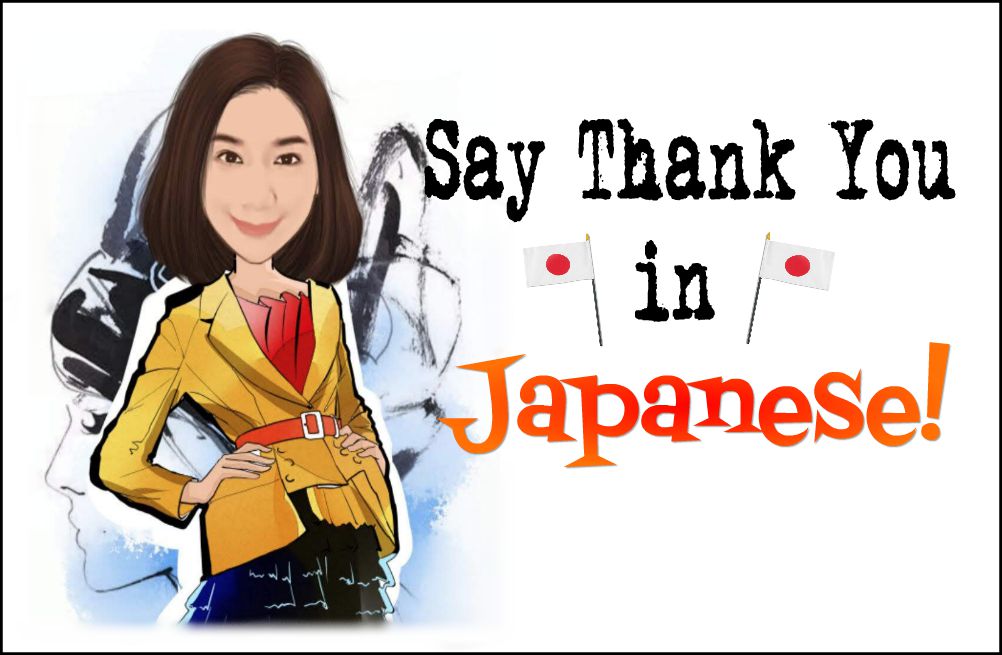
Say Thank You In Japanese Gyl Magazine

10 Ways To Say Thank You In Japanese Wattention Com

Thank You In Japanese And Other Useful Phrases Lingq Blog

Say Thank You In Japanese Japanese Quizzes

Domo And Arigato What S The Difference
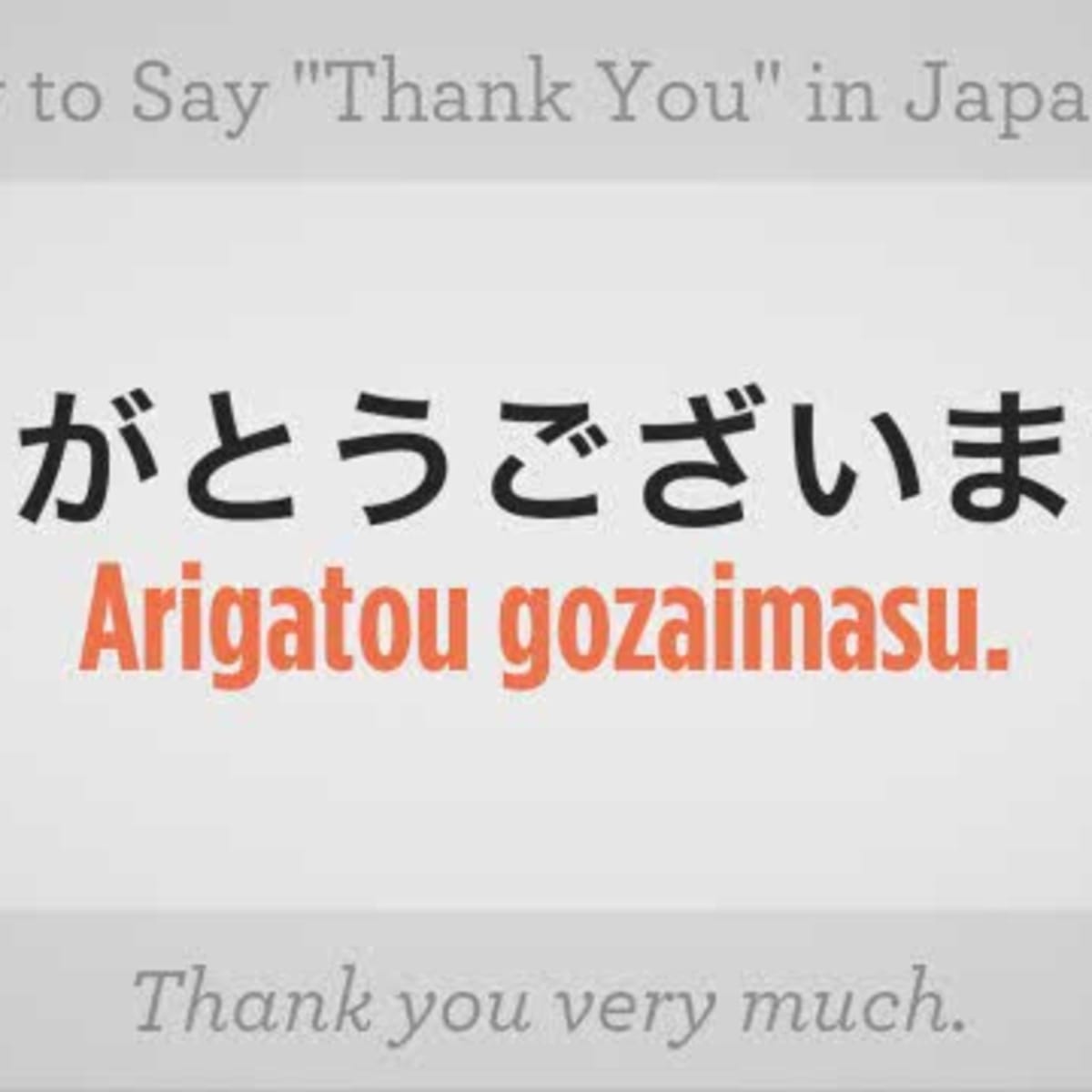
How To Say Thank You In Japanese Howcast

Hg193 Arigato Thankyou Stamp Hanko Designs Thank You In Japanese Japanese Words Japanese Quotes

Thank You Cards In Japanese Thank You Card Template Thank You Cards Thank You In Japanese
What Is Thank You For Hosting Me In Japanese And How To Say It

I Heart Japan Japan Travel Tips And Info About Japan How To Say Thank You In Japanese

Infographic How To Say Thank You In Japanese Japanesetest4you Com

Thank You ありがとう All Free Download Japanese Kanji Design Art Origami Japan
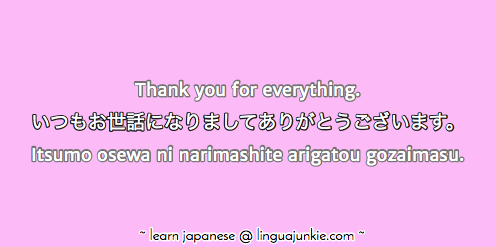
Japanese Phrases Pt 5 Cute Words Phrases In Japanese

Super Useful Phrases In Japanese For Tourists Free Cheat Sheet

Ways To Say Thank You In Japanese

How To Say Thank You In Japanese Not Just Arigatou
How To Say Thanks For The Food In Japanese Quora

How To Say Thank You In Japanese The Definitive Guide Japanese Tactics

ありがとう Arigatou Thank You In Japanese Greeting Card By Shiorid Redbubble

4 Ways To Say Thank You In Japanese Wikihow

Japanese Arigatou English Thank You Learn Japanese Words Japanese Words Japanese Language School

Thank You In Japanese 6 Common Phrases Smile Nihongo
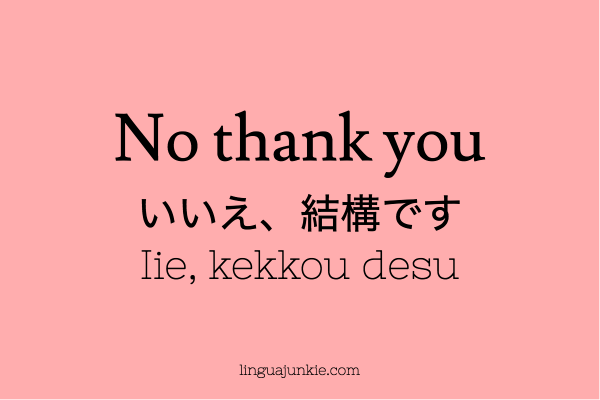
Ways To Say No In Japanese Language Lesson

Thank You In Japanese Japan Experience
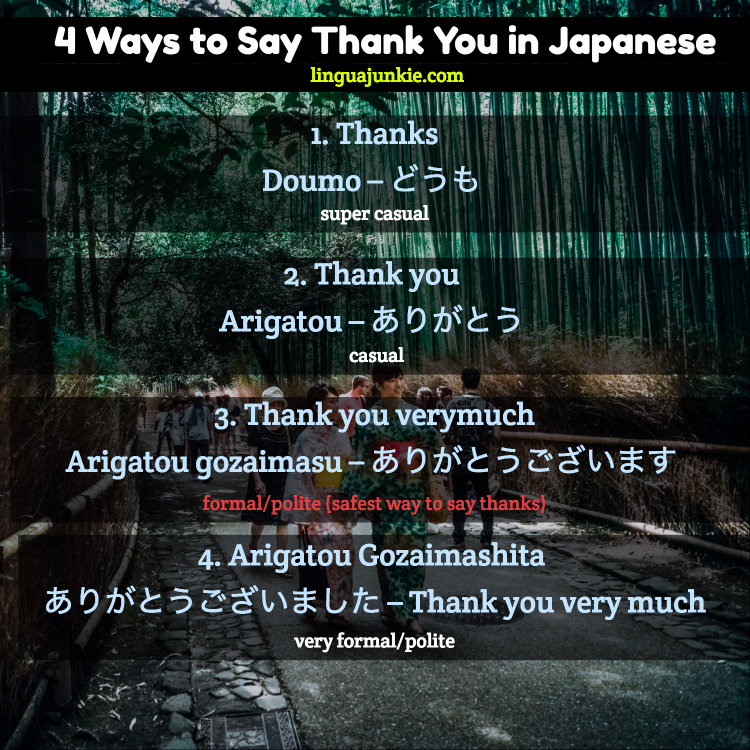
101 Ways How To Say Thank You In Japanese Audio

10 Ways Of Saying Thank You In Japanese Learn Japanese Online For Free With Japango
Q Tbn And9gcqor1jhbhuj Bp Atl2oj0x6jnwrselfpob1qr4k Usqp Cau

24 Basic Japanese Phrases For Tourists The Navigatio

Say Thank You In Japanese Learn Japanese Online

Saying Thank You In Japanese Lingq Language Blog
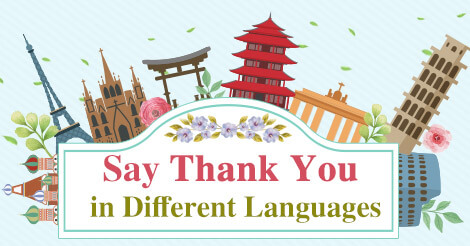
How To Say Thank You In Different Languages Amolink

415 Thank You In Japanese Illustrations Royalty Free Vector Graphics Clip Art Istock

Thank You In Japanese 6 Common Phrases Smile Nihongo

3 Ways To Say Thank You In Japanese Youtube
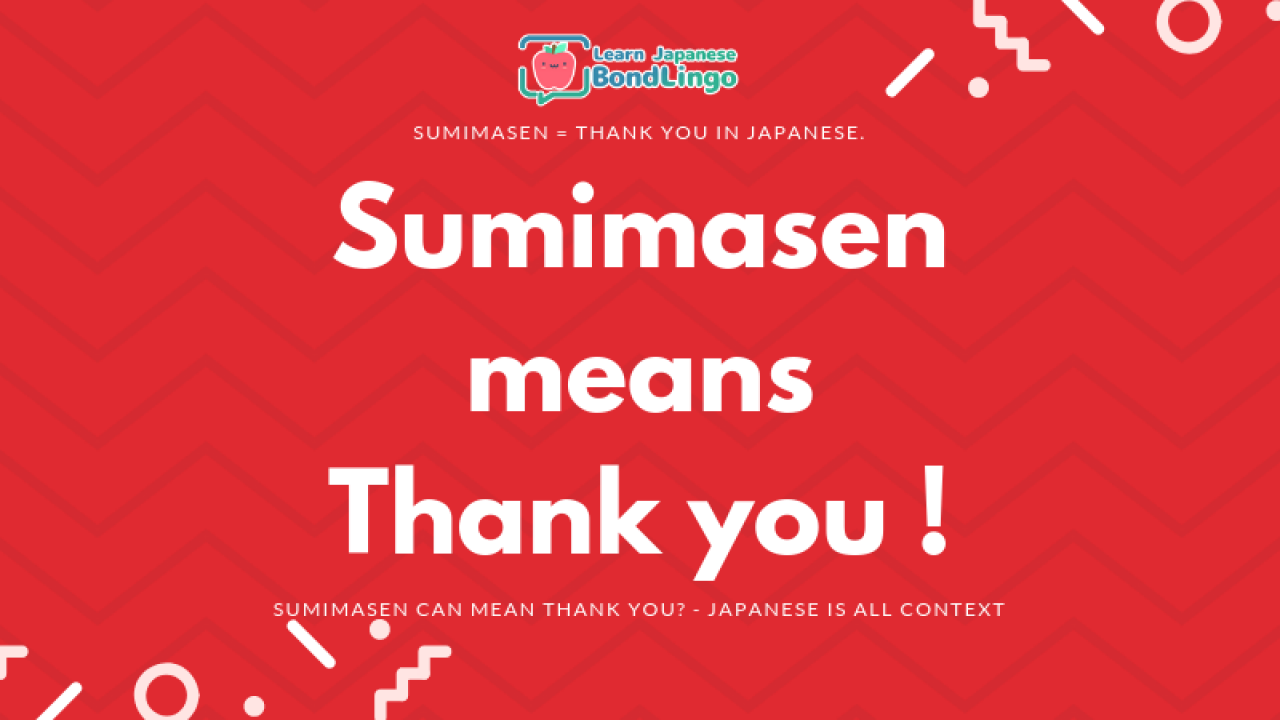
Sumimasen すみません Can Mean Thank You Japanese Is All Context

Thank You In Japanese Stamp Clipart Png Similar Png
Japanese Word For Thank You

How To Write Thank You In Japanese Webpresentation Web Fc2 Com

Thank You In Japanese Japanese Calligraphy Illustration Canstock


Download Hd Giving Day Thank You Banner Thank You In Japanese Transparent Png Image Nicepng Com

How To Say Thank You In Japanese Thank You In Japanese Japanese Phrases Japanese

Hello Pal Let S Learn How To Say Thank You In Japanese Facebook

How To Say Thank You Japanese Lessons Youtube

Thank You For You Re Welcome In Japanese Native Way

How To Say Thank You In Japanese Not Just Arigatou

How To Say Thank You In Japanese The True Japan

How To Say Thank You In Language Japanesepod101 Com Blog
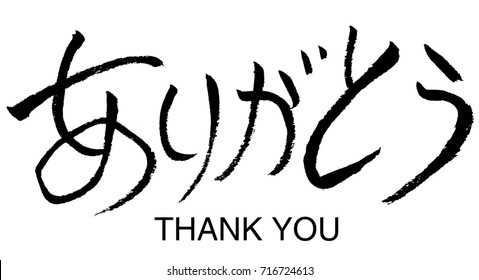
Japanese Calligraphy Thank You Images Stock Photos Vectors Shutterstock
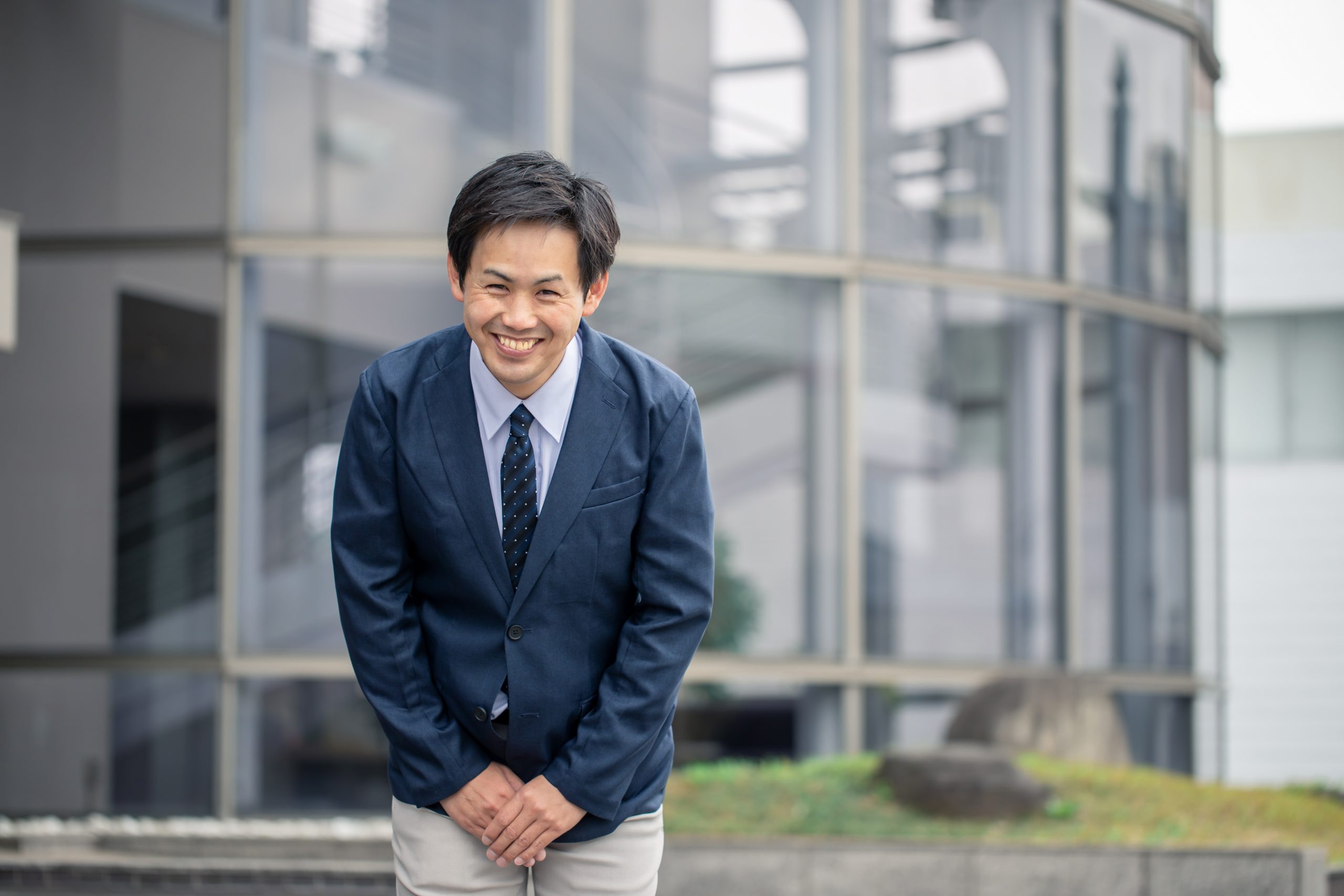
Saying Thank You In Japanese Politeness Formality And Useful Phrases

Asian Design Thank You Cards Calligraphy Japanese Art Arigatou Unique Made In Usa

Say Thank You Like You Mean It Phrases For Saying Thank You In Japanese Fluentu Japanese
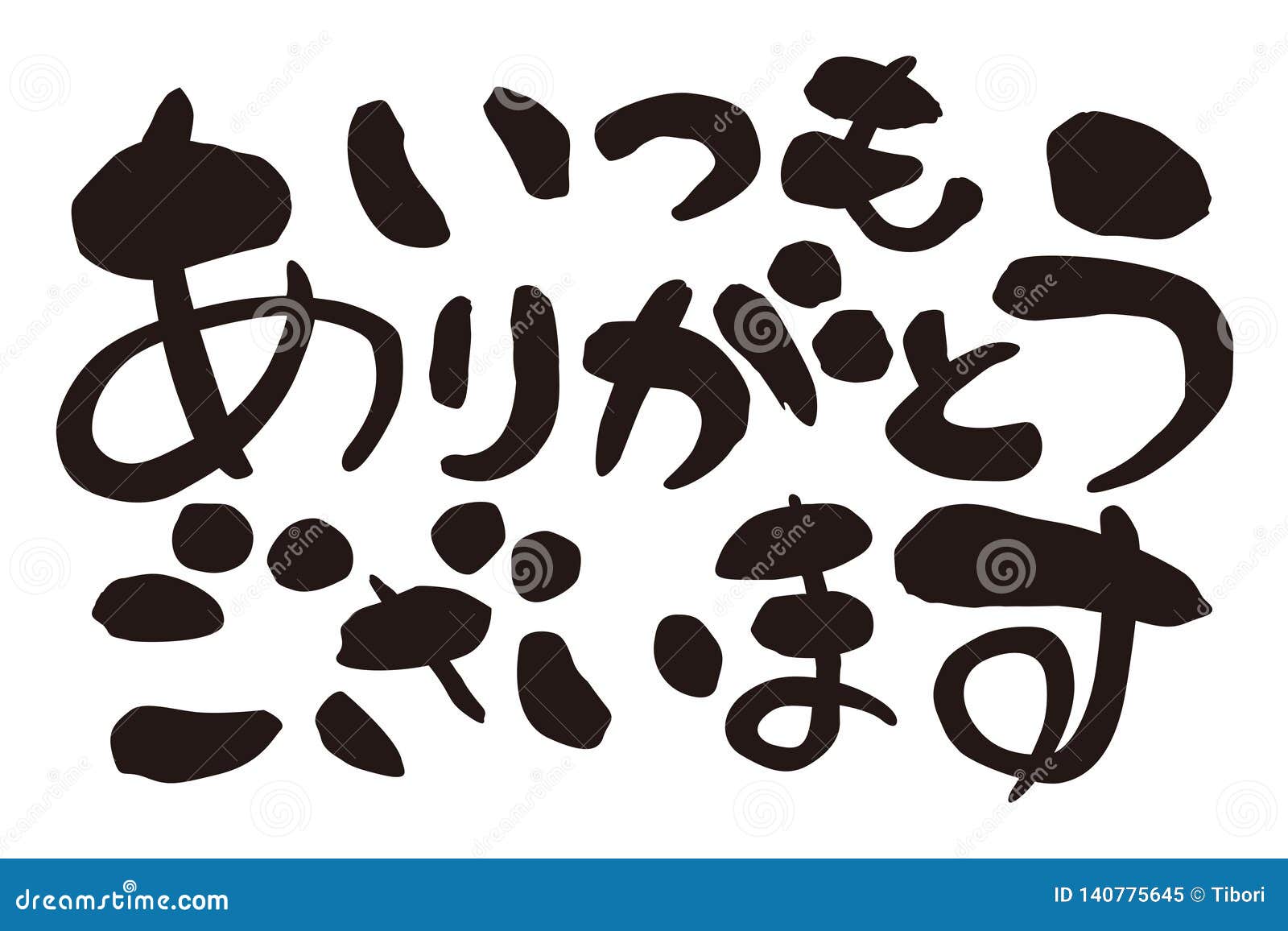
Thank You Very Much In Japanese Formal Phrase Japanese Calligraphy Stock Illustration Illustration Of Symbol Card

How To Say Thank You In 23 Languages Living Language

Japanese Greeting Card Thank You In Japanese Ezen Designs

Arigato Thank You In Japanese Vertically Poster By Rising3 Redbubble

Japanese Thank You Japan Centre Japanese Cards Stationery
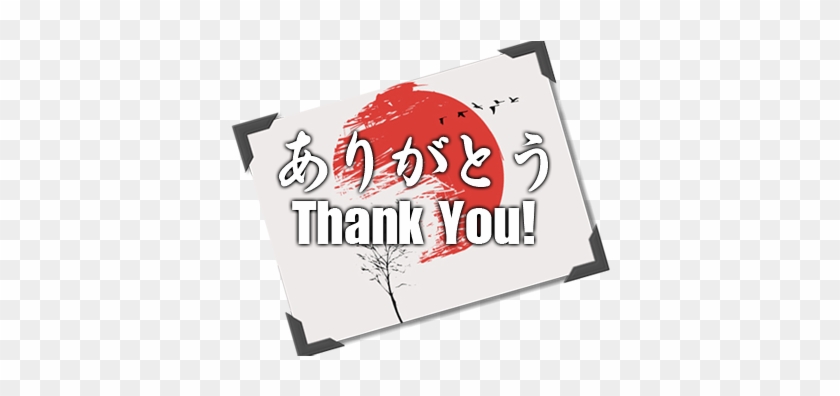
Communityclose Thank You In Japanese Free Transparent Png Clipart Images Download

How To Say Thank You In Language Japanesepod101 Com Blog
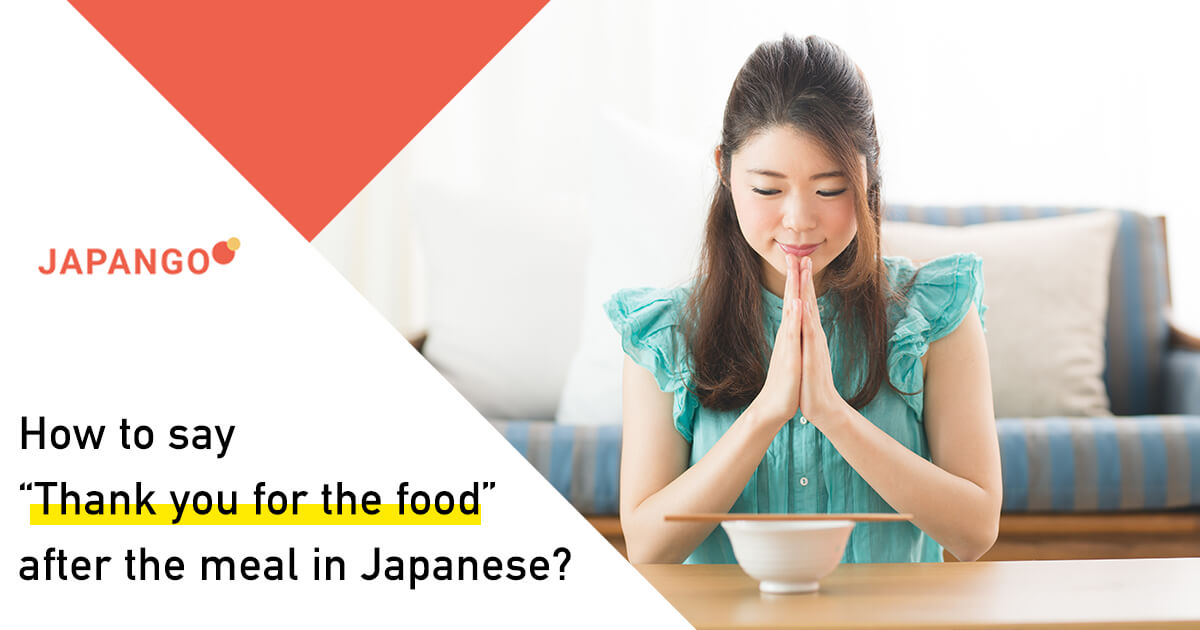
How To Say Thank You For The Food After The Meal In Japanese Learn Japanese Online For Free With Japango
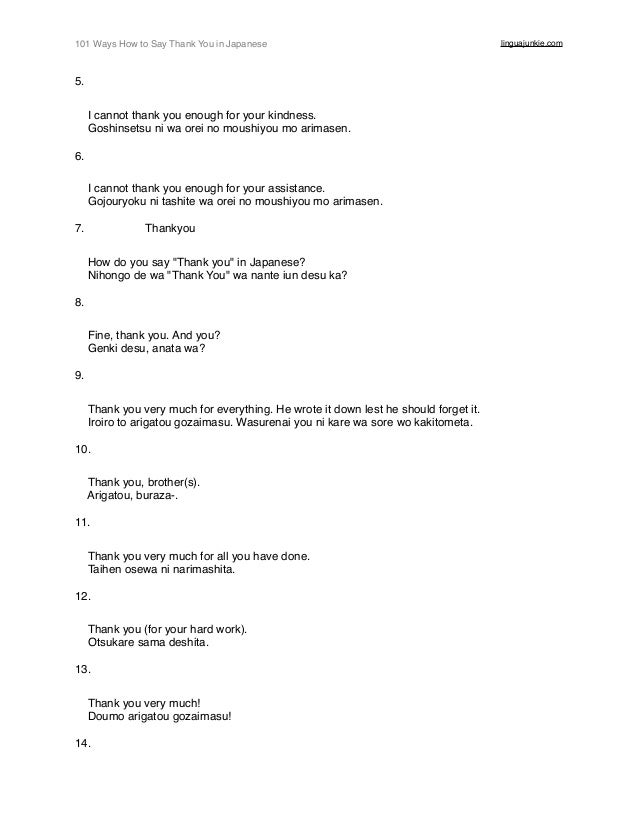
101 Thanks In Japanese

Arigato Thankfulness In The World Of The Japanese Yabai The Modern Vibrant Face Of Japan

Lost In Translation How Learning To Say Thank You For Listening In Japanese Improves Communication Wexpats Guide
How Do You Say This In Japanese Thank You For Including Me In Your Family Or Thank You For Making Me Feel Part Of Your Family Hinative
Q Tbn And9gcro 6 Ipqeitc6jl7upk8ydekwnh3se7rqisoomcy0 Usqp Cau
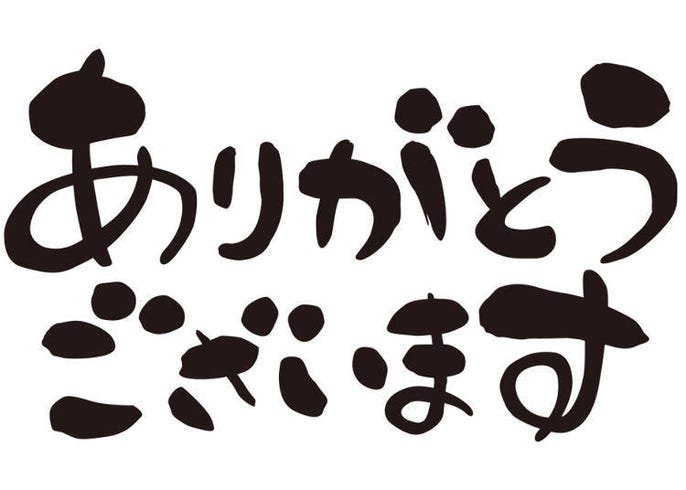
Phrases For Traveling Japan So Many Ways To Say Thank You Live Japan Travel Guide

Essential Japanese Phrases For Travelers To Japan

Arigato Thankfulness In The World Of The Japanese Yabai The Modern Vibrant Face Of Japan
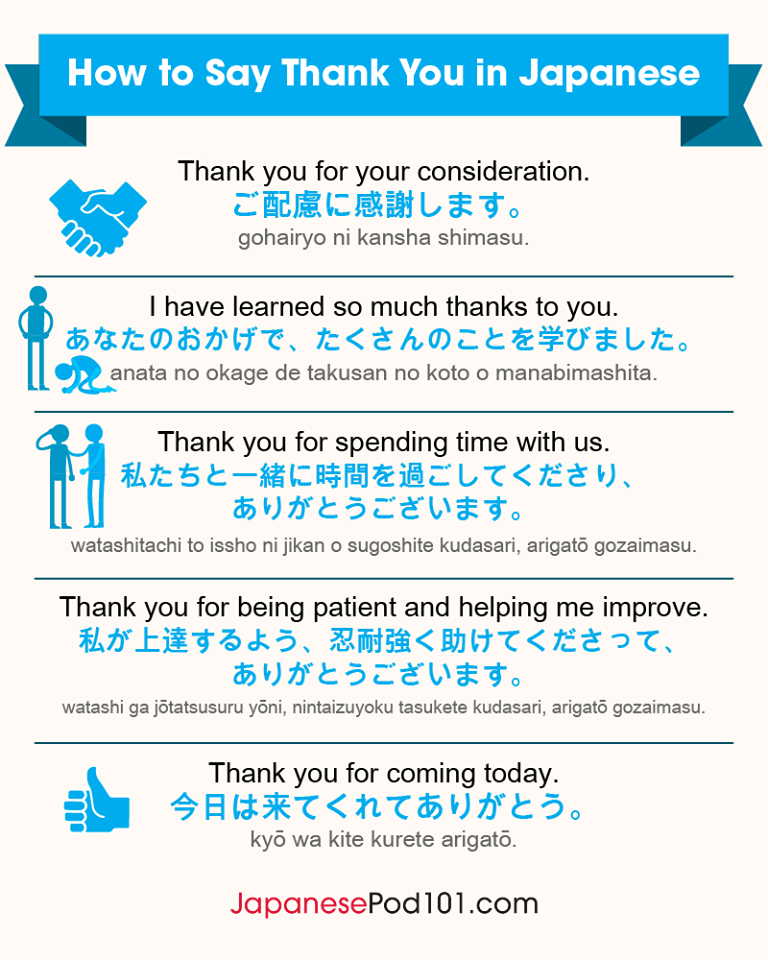
Learn Japanese Japanesepod101 Com How To Say Thank You In Japanese Join The Fun
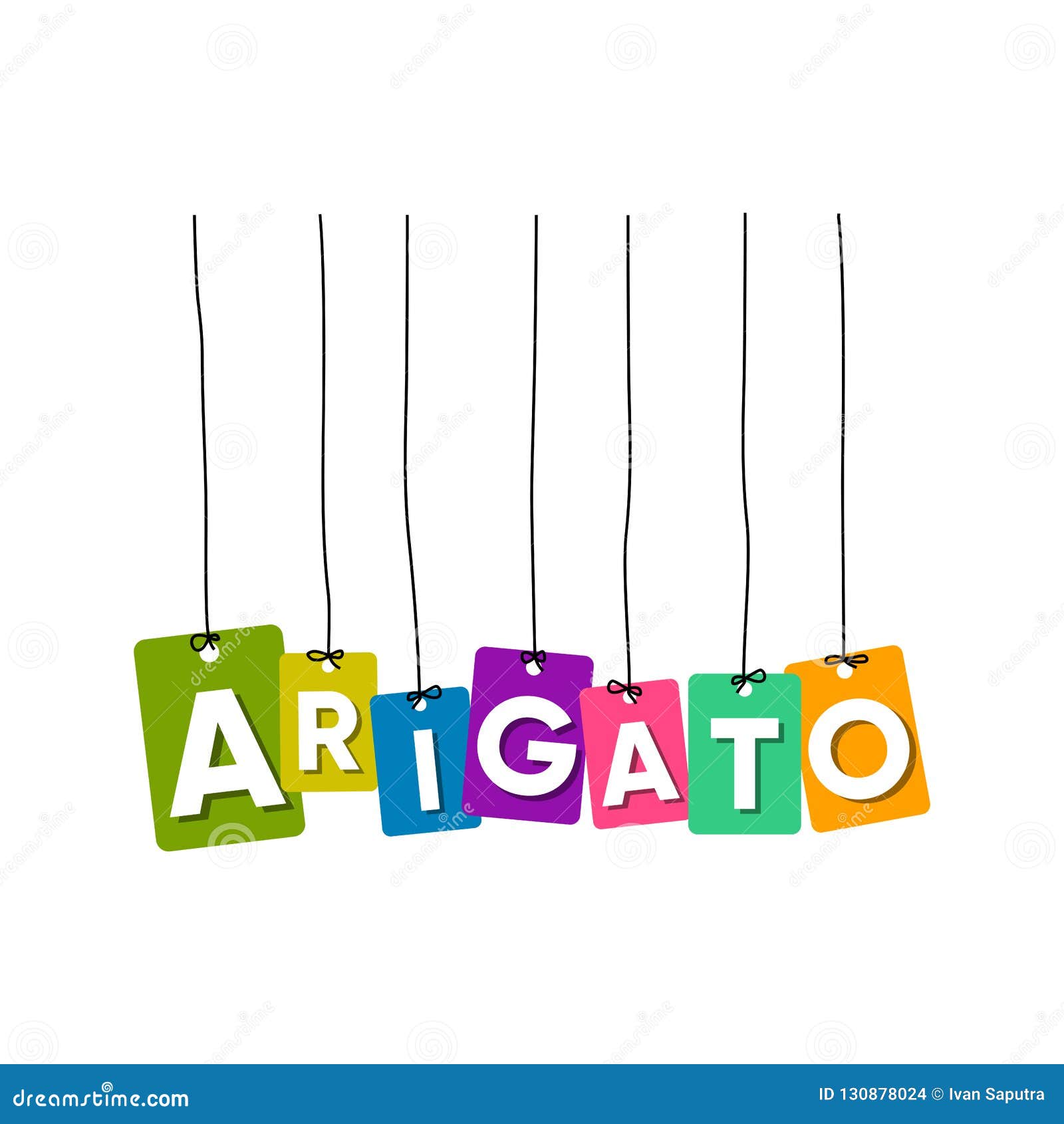
Thank You In Japanese Language Hanging Words Vector Colourful Words Vector Arigato Vector Stock Vector Illustration Of Note Banner

Arigatou Or Thank You In Japanese Bento Japan
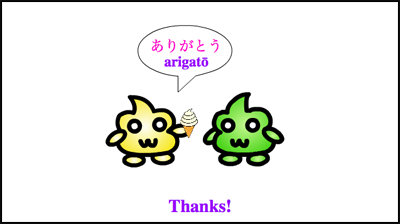
Japanese Phrase Lesson Thank You In Japanese ありがとう Punipunijapan

How To Say Thank You In Japanese The 9 Expressions You Need Living Language
Q Tbn And9gctkbmhec7ejkbjnvwvc52yxuswwbkhjotr5m4x91qsag0zrsogs Usqp Cau

Thank You In Japanese Japan Experience

Japanese Phrases How To Say Thank You In Japanese Youtube
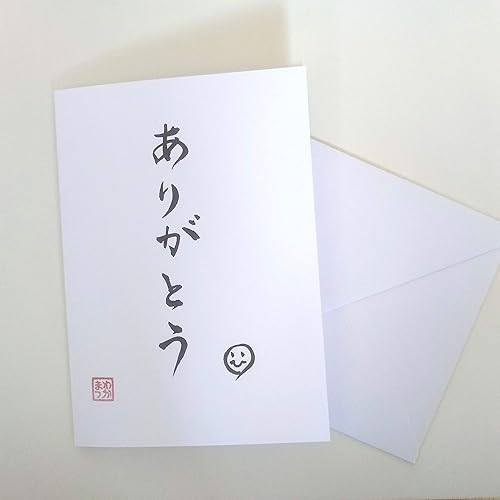
Japanese Thank You Card Arigatou ありがとう Thank You In Japanese Japanese Calligraphy Printed Card 5 X 7 Inches Amazon Co Uk Handmade

Japanese Manners Why Japanese People Say Thank You And Sorry So Often Guidable

Let S Write A Thank You In Japanese Hiragana Youtube

Thank You In Japanese Stock Photo Picture And Royalty Free Image Image

Thank Yourself This Thanksgiving Learn 27 Ways To Say Thank You Japanesepod101 Com Blog

Thank You In Japanese Stock Photo Picture And Royalty Free Image Image
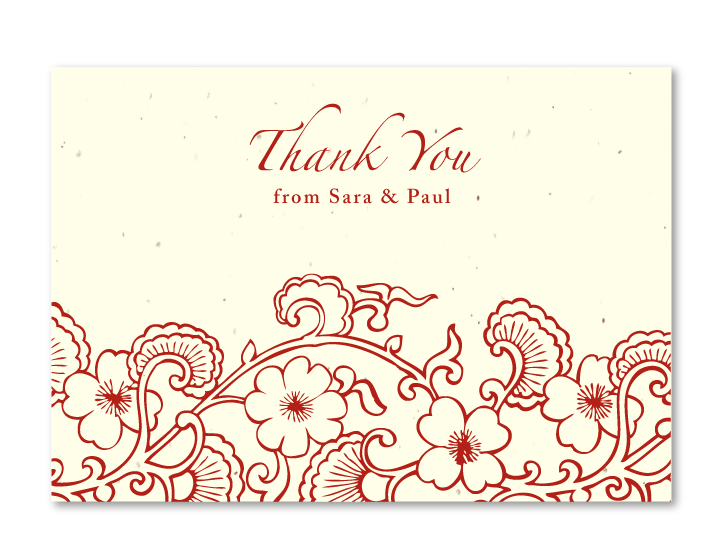
Asian Thank You Cards Plantable Paper Japanese Beauty By Foreverfiances Weddings

How To Say Thank You In Japanese Not Just Arigatou
Japanese Symbol For Thank You All Calligraphy



